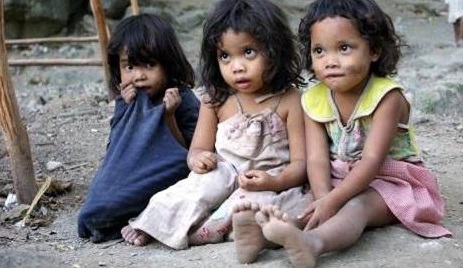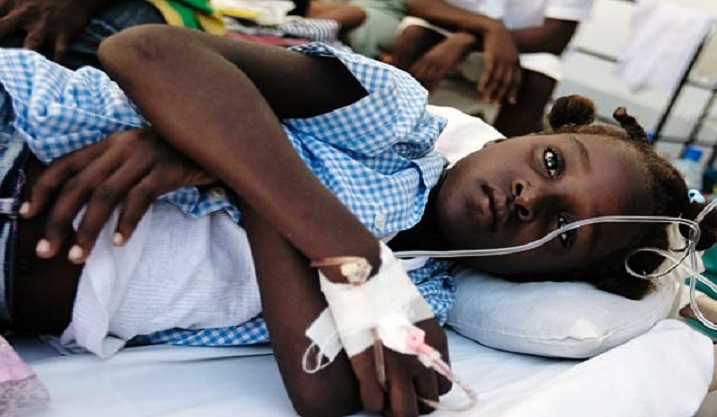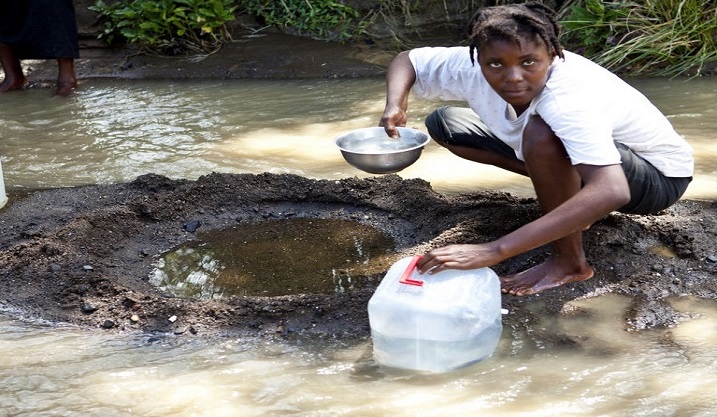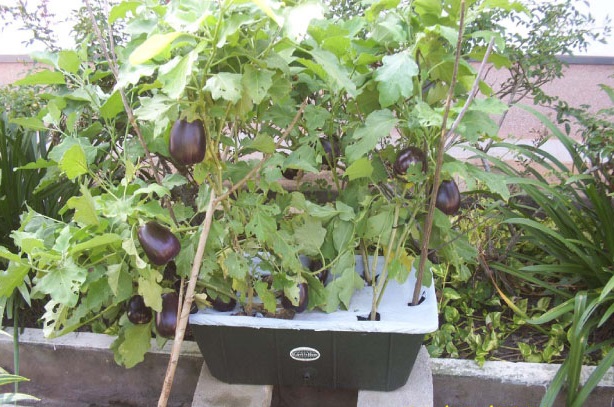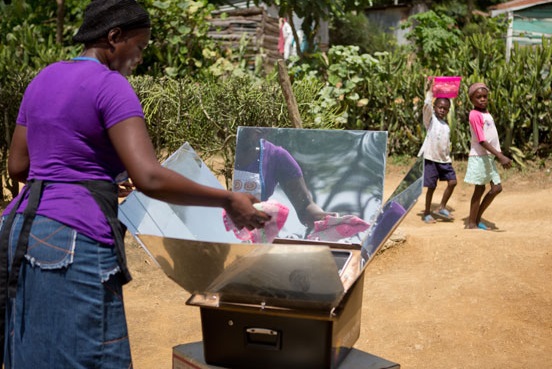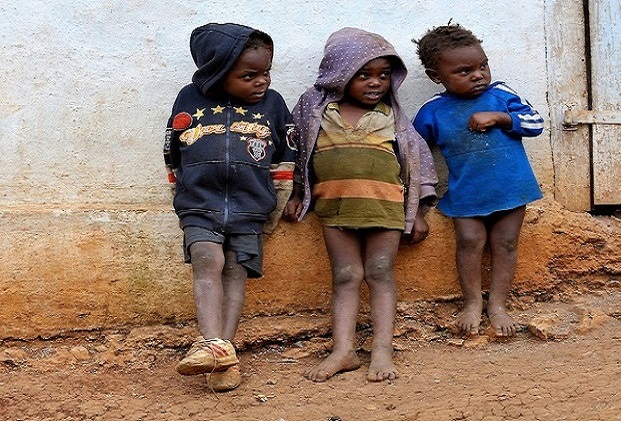AMERIHAND
Who we are, and what we do.
AmeriHand was started by 2 Americans and a Dominican who met and developed a friendship in the Dominican Republic and decided to try and do something about the poverty, disease and environmental degradation they saw in the Dominican Republic and Haiti. It all started by a few guys simply trying to supply shoes to poor barefoot kids and help the earthquake victims from the 2010 Haiti earthquake, but has now eveolved to try and address some of the underlying problems.
No one at AmeriHand is collecting a salary. We have all dug deep into our own pockets to try to fund these programs. This is not our primary job. Everyone on our board has a different occupation outside the non profit sector. We receive material assistance from existing NPOs and from the ex pat community living in the Dominican Republic from USA, Canada and Europe. They have all been a tremendous help.
Tourists and church groups donating their time, money and bringing sports equipment, shoes and clothing have been a godsend and we thank you all from the bottom of our hearts.

Amerihand is not part of the professional "NPO crowd" that descended on Haiti after the earthquake in 2010. The flood of organizations that made Haitians completely reliant on food hand outs rather than self sufficient as promised 8 years and $15 billion dollars ago. AmeriHand was founded in 2013 by a few private citizens trying to make a difference on a poor Island they shared a love for.
Don't get us wrong, there are plenty of good hearted people doing noble work out there, but billions in aid dollars have been squandered by organizations with their own agenda.
Their slogan of "Build a Better Haiti" was replaced with privatization, a land grab and multi million dollar contracts to political cronies while Haitians displaced by the earthquake still live in squalor in tent cities almost a decade later .
Billions of dollars in private and public donations and in 2019, people are still living in tent cities with empty bellies, no jobs, no sanitation, and a cholera epidemic that killed more than 10,000.
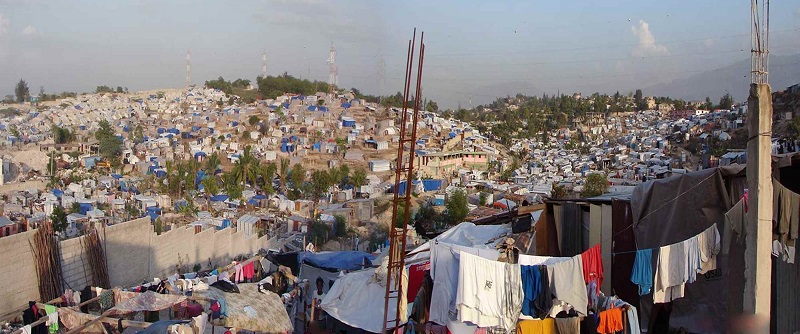 9 years later, victims of the 2010 earthquake still live in tents
9 years later, victims of the 2010 earthquake still live in tents Haiti remains an ecological disaster. The black market charcoal trade still flourishes and cargo ships full of sacks of rice fill the port rather than someone implementing some basic sustainable agriculture practices.
As recently as the 1990s Haiti was growing 85% of the rice consumed in their country, now it is less than 10%. As one Farmer put it, "why grow rice when Miami Rice is free".
We are trying to get some sustainable agriculture and potable water solutions implemented, not simply distributing perpetual food aid.
___________________________________________________
AmeriHand is working to implement sustainable solutions that don't require constant interventions and investment.
Of course we try to give aid to the poor such as our "my first pair of shoes" program, and free medical aid, but in general, we are trying to provide sustainable solutions that don't require constant intervention year after year.
We find that the most logical first step is to simply ask people who live in that area what is their most pressing problem and work with them toward achieving the solution to that problem. If there is a Dengue fever or cholera outbreak, we don't try to raise funds to build them a soccer field.
We know of cases where millions of dollars of US government aid went to build soccer fields and cultural centers in Haiti in towns where the people had no power, no water, no sanitation and no food security.
Some of the programs we are trying to raise funds for include
- Lifestraw program provides point of consumption safe drinking water instead of supplying an endless supply of water bottles that end up in the ocean after each storm. It is our cornerstone in helping to end the repeated cholera epidemics.
- First pair of Shoes program prevents hookworm, parasites, tetanus and other bacterial infections in barefoot children.
- Earthbox program provides a medium for sustainable agriculture and provides nutritious food even in areas where the top soil has been washed away.
We humbly ask for any assistance you can provide. Whether it is a $5. $10 or $20 donation, shoes, slightly used clothing, pots, pans or other household goods. We truly appreciate it and so do the people we serve.

